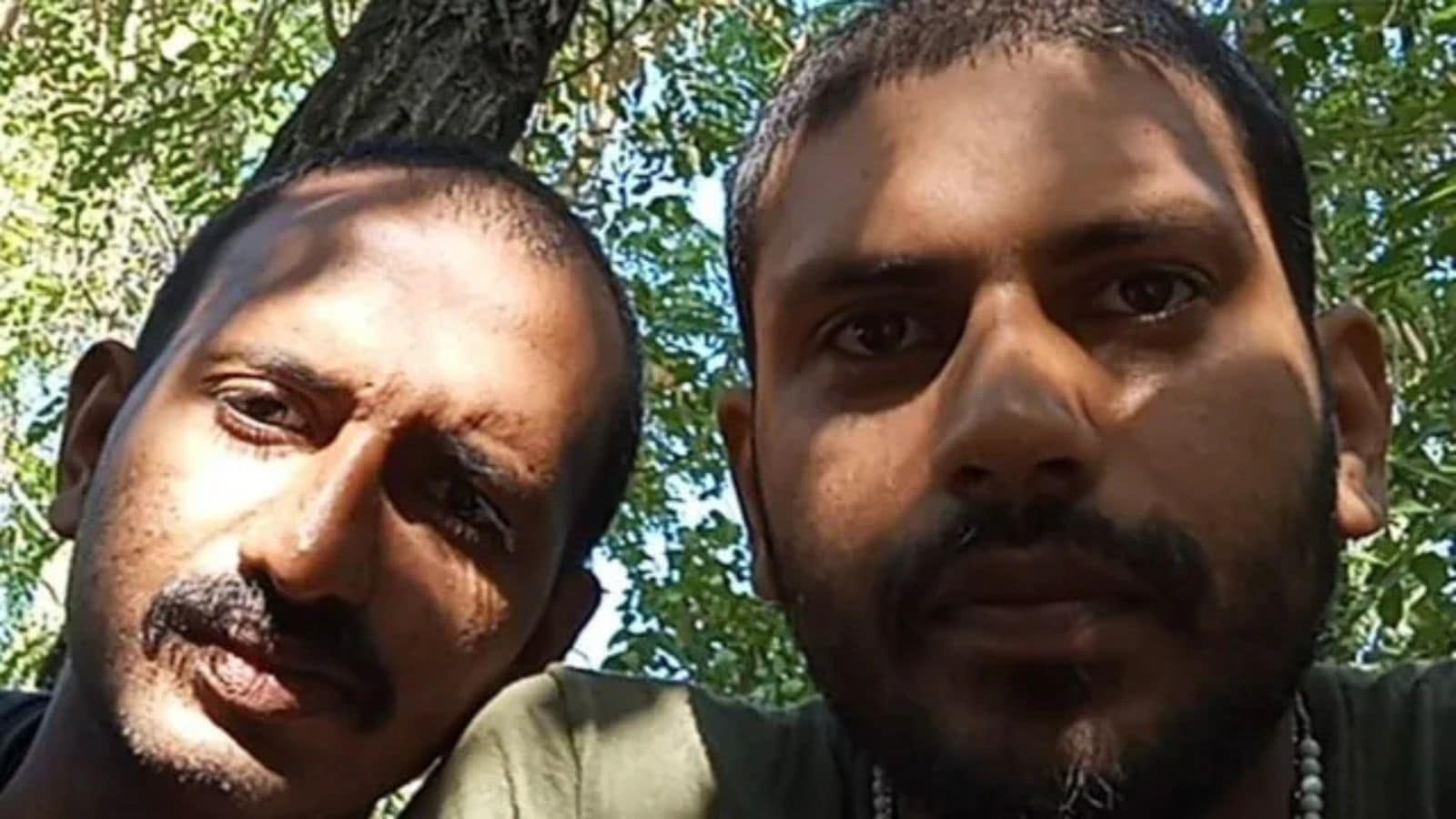 |
|
The recent death of an Indian national, Binil T B, while fighting in the Ukraine war on the side of Russia has thrust the issue of Indian citizens involved in foreign conflicts into the international spotlight. The incident underscores the complex geopolitical landscape and the challenges faced by India in managing the involvement of its citizens in conflicts far from its shores. The 32-year-old from Kerala, along with a 27-year-old injured companion, Jain T K, highlights a previously less-discussed aspect of the ongoing war: the presence of foreign fighters, including Indians, within the Russian armed forces. This raises significant questions regarding the recruitment processes, motivations of these individuals, and the legal and ethical implications for both the individuals themselves and the Indian government.
The Indian Ministry of External Affairs' (MEA) swift response, stating that the matter has been “strongly taken up” with the Russian authorities, suggests a heightened concern over the situation. This proactive engagement contrasts with the potential complexities of intervening in a sovereign nation’s military affairs. The MEA's statement reflects a delicate balancing act between protecting its citizens and maintaining diplomatic relations with Russia, a key geopolitical partner. The statement’s tone – emphasizing strong engagement – aims to signal both urgency and seriousness to Moscow, indicating a clear intent to secure the return of the remaining Indian nationals serving in the Russian army.
The incident raises critical questions regarding India's foreign policy strategy, particularly concerning its relationship with Russia. The ongoing conflict in Ukraine has placed significant strain on global relations, testing established alliances and partnerships. India’s position of strategic neutrality, while navigating its complex relationship with both Russia and the West, becomes further complicated by the involvement of its own citizens in the conflict. The government's response highlights the difficult task of balancing its commitment to protecting its citizens abroad with maintaining its independent foreign policy stance and fostering strong relations with various global actors. This situation demands a nuanced approach, balancing the needs of its citizens with the maintenance of a strong and independent foreign policy.
Furthermore, the incident underscores the need for better mechanisms to prevent Indian citizens from becoming involved in foreign conflicts. While the motivations behind individual decisions to join foreign militaries may vary, ranging from financial incentives to ideological motivations, the government needs to address the underlying factors that contribute to such involvement. Improved information dissemination, educational programs on the risks and consequences of participating in foreign conflicts, and stronger diplomatic efforts to deter recruitment could be crucial steps in preventing future occurrences. The case also emphasizes the need for improved consular support and assistance for Indian citizens facing such situations abroad.
The long-term implications of this incident extend beyond the immediate concern of bringing back the remaining Indian nationals. It raises questions about potential legal challenges, both domestically and internationally, as well as the impact on India's image on the global stage. The government's handling of the situation will be closely watched, not only by the families of those affected but also by other nations grappling with similar issues of citizen involvement in foreign conflicts. The transparent and effective management of this situation is crucial for maintaining India's reputation as a responsible global actor and protecting its citizens abroad.
In conclusion, the death of Binil T B and the subsequent efforts to bring back the remaining Indian nationals from the Russian army highlight the multifaceted challenges faced by India in the current international climate. The government's response is a critical test of its foreign policy approach, requiring a delicate balance between its national interests and its humanitarian responsibilities towards its citizens. The incident also underscores the need for proactive measures to prevent future occurrences and to provide adequate support to Indian citizens who may find themselves in vulnerable situations abroad. The situation will undoubtedly continue to shape India's foreign policy discussions and strategies in the years to come.
